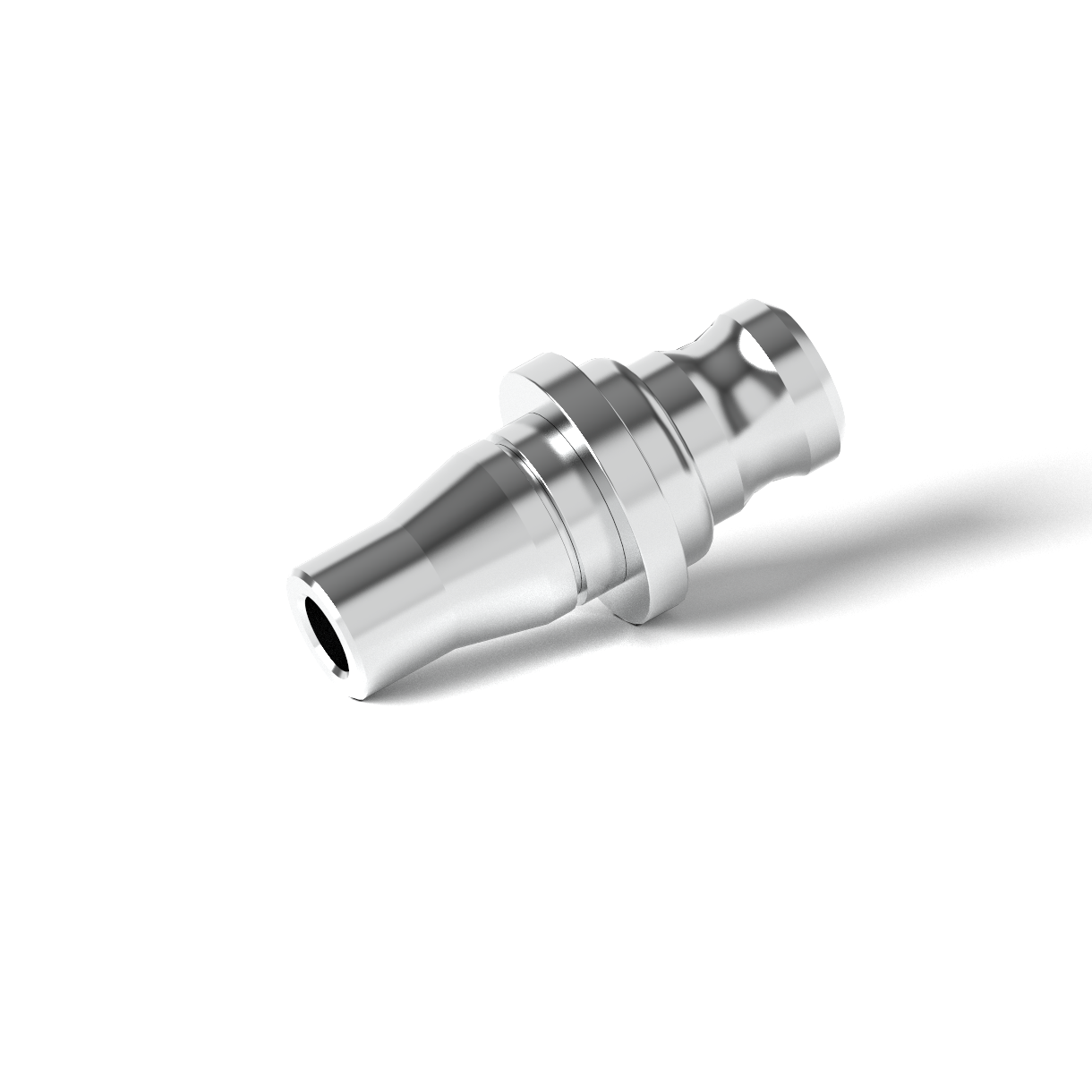Milling and turning aluminum
Aluminum is a material that is very often used for milling and turning, as it is very easy to machine. In addition, aluminum is characterized by a low specific weight (about one third of steel), high thermal conductivity and very good corrosion resistance. Turning parts, milling parts and sheet metal parts made of aluminum are used in particular in mechanical engineering and plant construction.

Our aluminum alloys
| Alloy | Material | Manufacturing | Tensile strength N/mm2 | Hardness HB | Description and special properties of the material |
|---|---|---|---|---|---|
|
EN AW-2007 |
€€ |
€ |
270 – 330 |
95 |
Versatile aluminum alloy characterized by excellent machining properties, good strength and resistance to weathering and corrosion. It is mainly quoted in the form of round bars, but is not RoHS-compliant. |
|
EN AW-2017 |
€€€ |
€€ |
300 – 390 |
105 |
Convinces with good mechanical properties, excellent machinability and resistance to weathering and corrosion. It is mainly quoted in the form of plates. |
|
EN AW-5083 |
€€€ |
€€€ |
270 – 350 |
70 |
Characterized by particularly high corrosion resistance and is often used in mechanical and plant engineering. This alloy is ideal for large, plate-shaped milling parts and impresses with its weldability, anodizability, natural hardness and resistance to weathering, corrosion and chemicals. |
|
EN AW-5754 |
€€€€ |
€€€€ |
180 – 250 |
47 |
Offers high corrosion resistance to salty water and climatic influences and is therefore frequently used in shipbuilding and plant construction. The alloy impresses with its weldability, anodizability, weather resistance, natural hardness and excellent corrosion resistance. |
|
EN AW-6060 |
€€€€ |
€€ |
190 – 215 |
75 |
Age-hardenable aluminum alloy with medium strength and good corrosion resistance, for example to seawater and weathering. It is also characterized by its anodizability and weather resistance. |
|
EN AW-6082 |
€€ |
€€ |
205 – 310 |
95 |
Is one of the most commonly used aluminum alloys and is characterized by medium to high strength and low susceptibility to stress corrosion cracking. The alloy also impresses with its weldability, anodizability and corrosion resistance. |
|
EN AW-7019 |
€€€€€ |
€€€ |
390 – 420 |
125 – 130 |
Combines the properties of medium and high-strength aluminum materials and is particularly suitable for large, plate-shaped milling parts. The alloy impresses with its very high strength and good corrosion resistance. |
|
EN AW-7021 |
€€€€€ |
€€€ |
350 – 390 |
110 – 120 |
The alloy is characterized by a higher concentration of zinc and magnesium compared to EN AW-7019 and was specially developed for applications with higher strength requirements. The corrosion resistance and machinability can be slightly influenced by reduced proportions of other elements. |
|
EN AW-7075 |
€€€€€ |
€€€€ |
440 – 540 |
150 |
High-strength, age-hardenable aluminum alloy with excellent mechanical properties and high wear resistance. The alloy impresses with its very high strength and good corrosion resistance. |
Note: The provided results are reference values and may vary depending on the machining process and parts. These values cannot be directly transferred to finished parts. The suitability of the materials for a specific part must be verified by the user.
Milling and turning aluminum parts
Upload CAD model, select suitable material and post-treatments, call up instant quote and order directly online. You can send us complex project RFQs directly by e-mail.